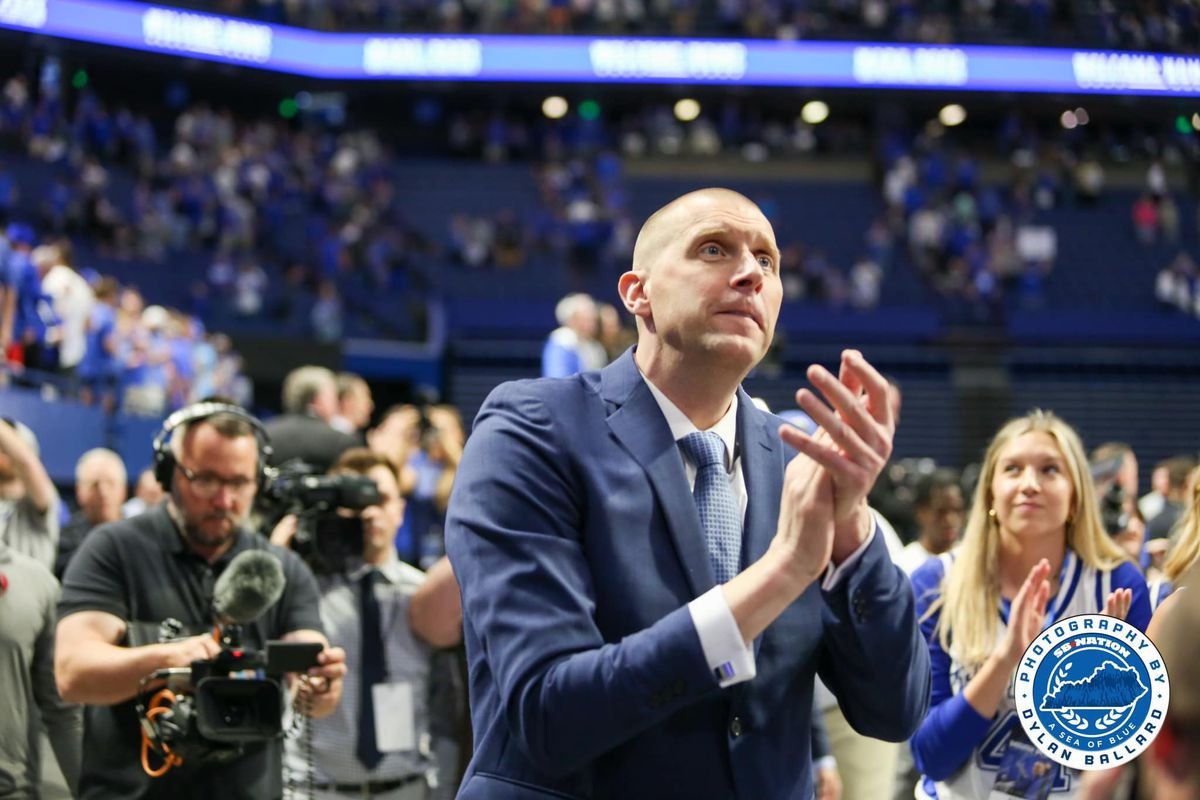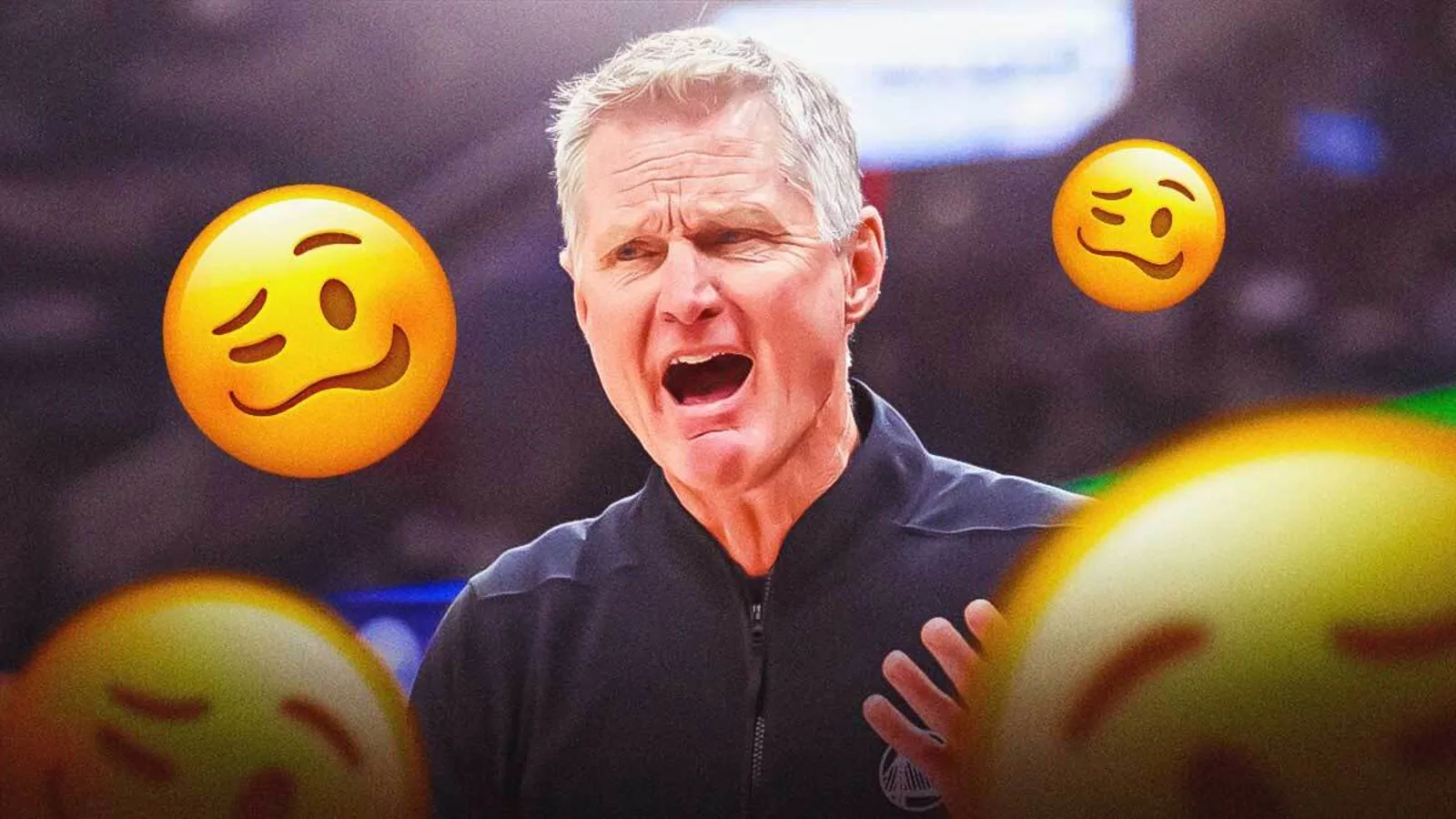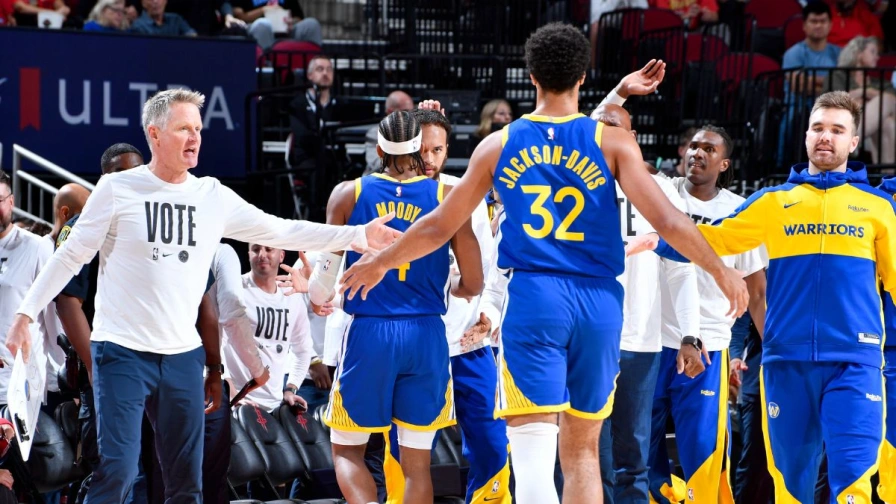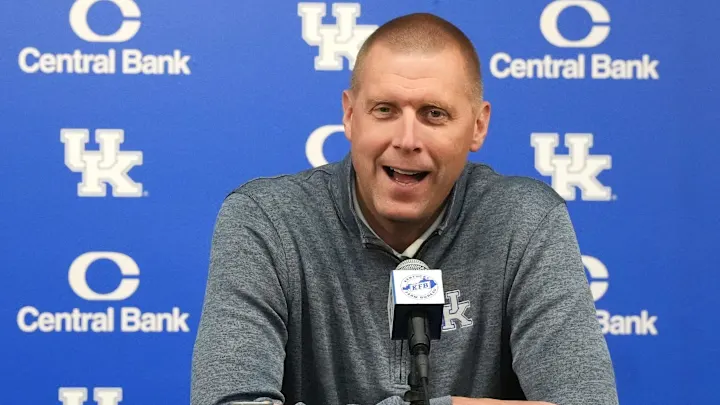Kentucky basketball head coach Mark Pope has instilled a philosophy in his Wildcats: don’t focus on the refs; focus on the game.
Yet for fans of the game, there’s one issue they can’t ignore any longer—flopping. As basketball purists and Big Blue Nation alike lament, it’s high time the NCAA takes a hard stance on this unsportsmanlike behavior by penalizing it harshly.
We all have seen it and can spot it a mile away, but flopping is when a player exaggerates contact in an attempt to get a foul call. A light nudge becomes a dramatic tumble, and a perfectly legal screen transforms into a theatrical collapse. It’s hard to pinpoint an exact moment where flopping began, but it really gained popularity in soccer, and then the NBA.
Players like Dwayne Wade and Lebron James perfected the flop to get a foul call, and soon after nearly every player was throwing their head backwards on every drive to the hoop.
While flopping is often seen as an individual tactic, its ripple effect can poison the integrity of the game as soon everyone is flopping all the time. It slows play, frustrates fans, and undermines genuine hustle. Worse, when players start flopping frequently, referees are left second-guessing legitimate fouls, often to the detriment of aggressive and talented teams.
Mark Pope’s Wildcats are not known for tough, physical play like Clemson (who only committed 15 total fouls, sure). The Cats don’t flop; they grind. Whether it’s Koby Brea hitting clutch shots or the team swarming on defense, Kentucky thrives on its authenticity. But when opponents resort to flopping, it disrupts the flow of the game and tarnishes the competitive spirit.
Imagine a critical SEC matchup. A Kentucky player sets a clean screen, only for the opponent to crumple to the floor, baiting a foul call, like that hasn’t happened. The momentum completely shifts not because of skill or effort but because of deception and flopping.
The NCAA has already introduced a Class B technical foul for blatant flops, but it’s not enough. The league should empower referees to assess fouls on the flopper, punishing deception rather than rewarding it. Just imagine, the next time a player flops they get the foul called on them, and the other team gets 1 free throw. This would deter players from flopping and eliminate it from the game.













